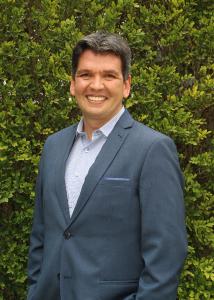This is the fourth in-person workshop, under the modality of closure after a prior virtual module, which we carried out together with OLADE. On this occasion, the objective was to train representatives from Caribbean countries (Guyana, Grenada, Haiti, Jamaica, Dominican Republic, Surinam, Trinidad and Tobago) and, of course, from the host country, Panama, for the understanding of the tools and actions that can be carried out from the public policy for the fight against climate change. The development of the workshop had a theoretical and practical dynamic. Starting from a broad vision of climate change and NDCs (Nationally Determined Contributions) and how these are linked to the NAMAs (Nationally Appropriate Actions for Mitigation) by various sectors, such as transport, waste management, etc., to then analyze them with tools such as MRV (Measurement, Reporting and Verification) or which demand more analysis, such as the use of the Software Inventory 2017 –IPCC Platform (for the calculation of GHG). All about the criteria of the feasibility of implementation and execution, taking into account issues such as obtaining financing (for example, the multilateral Financial Mechanisms in the GEF world, GGF, etc.), up to the parameters of each national legislation; so that in group works, advised by the specialists, 4 NAMA templates are presented using all the tools learned during the week. These 4 Templates focused on: Electromobility in Jamaica, decarbonization of the public transport system in Trinidad and Tobago, Promotion of sustainable mobility with zero emissions in Panama and supply of electricity with renewable sources in Trinidad and Tobago.
There was also the participation of various Panamanian institutions, highlighting the presence of Víctor Urrutia, Secretary of Energy of Panama; Rasa Banfield, Vice Mayor of the district of Panama, Julio Rovi, Coordinator of the Consultative Committee “Guides of Sustainable Construction” and Rosilena Lindo and Daniel Galván, of UN Environment, among others; who had a dialog on the diagnoses and strategies that are being implemented in Panama in the face of the challenges of climate change, such as the 2015-2030 Energy Plan: “Panama the future we want”, working tables for decarbonization, fostering sustainable mobility, electromobility, the use of solar heaters, sustainable buildings, which you can read about in more detail in the file attached to this report.



